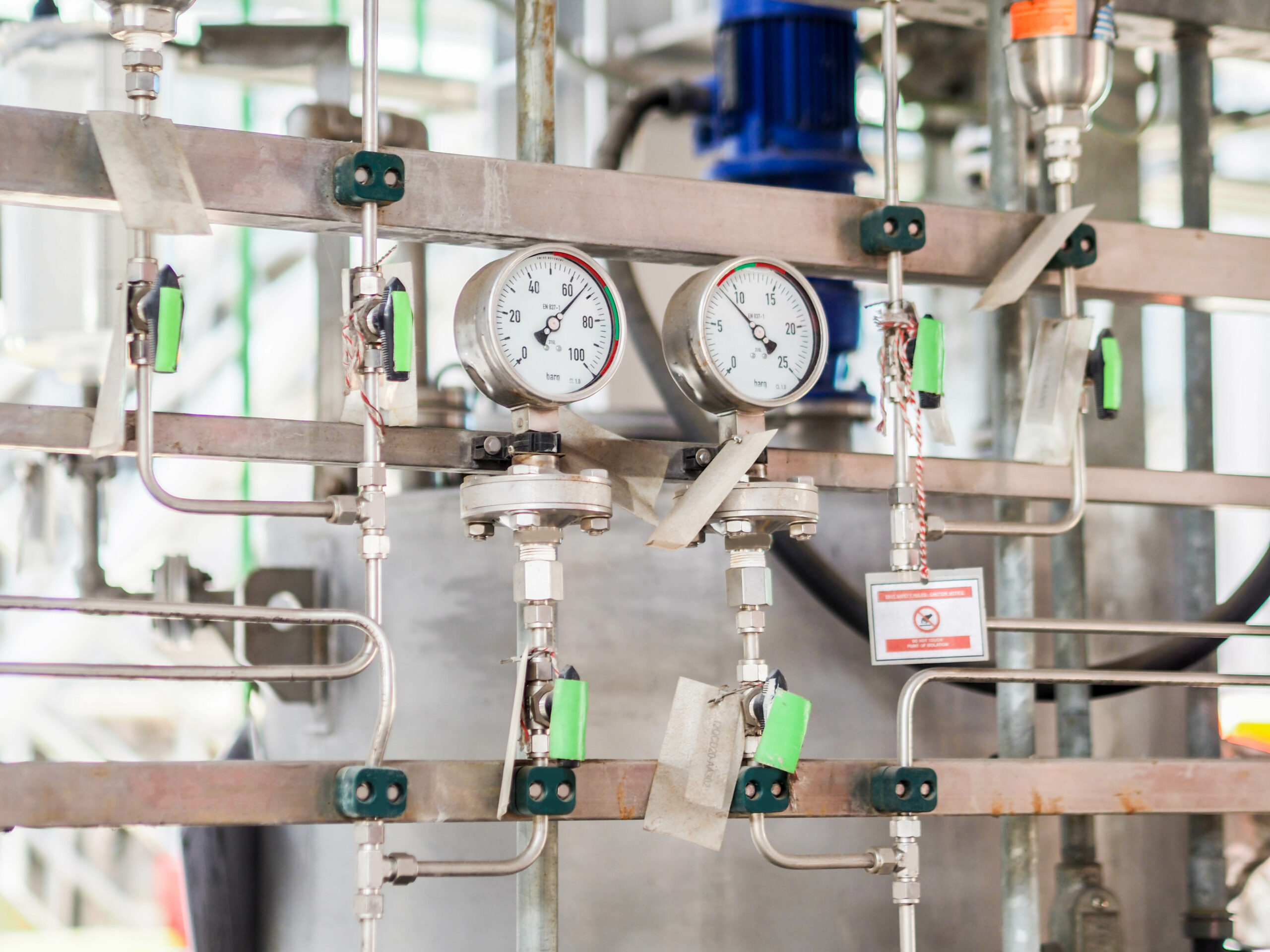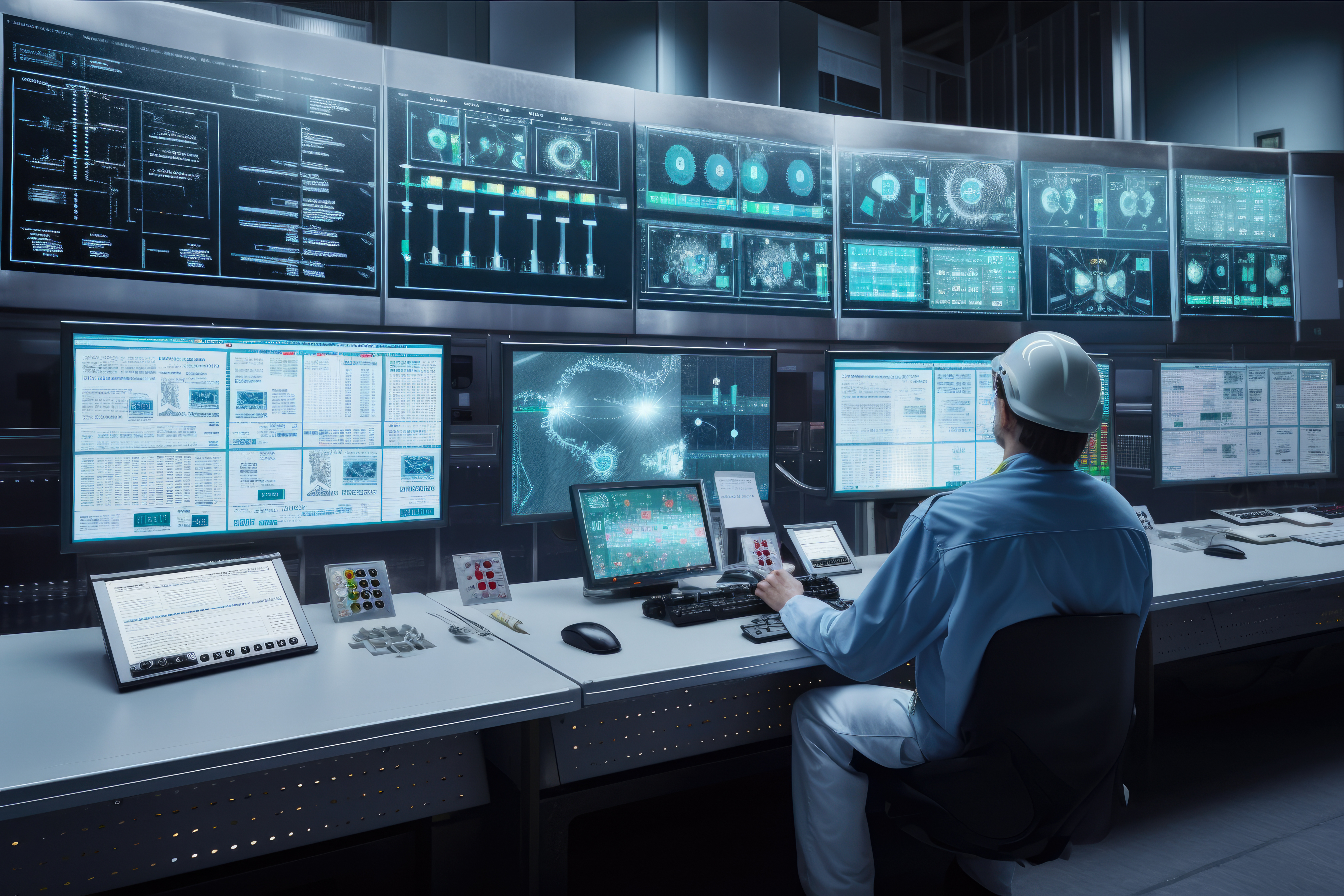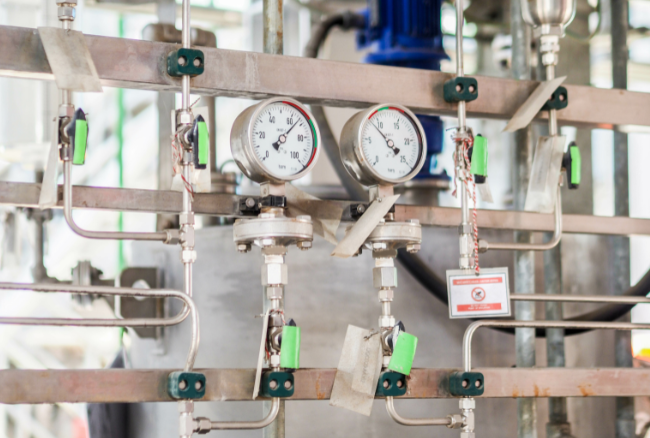- 16 February, 2024
- Beatriz Tudela Segura
- Comment: 0
- News

THE IMPORTANCE OF INSTRUMENTATION AND CONTROL IN THE OPTIMISATION OF PROCESSES
¿Can you imagine how many machines are involved in any production process?
Regardless of the type, whether it’s industrial processes, water treatment, or any process-oriented goal, all of them require the use of a set of tools that work together to obtain a quality product.
In the industrial, water, or energy sector, instrumentation and control play an important role, as through this practice, operators can calculate and record the variables of a given process in order to inform and improve results. Ultimately, this discipline makes process coordination possible, detecting any kind of setback and guaranteeing the highest quality for a given product.
But what is Instrumentation and Control?
Process Instrumentation and Control is a field of engineering where the integration of technologies focuses on optimizing processes required by the productive sector. To achieve its goal, Instrumentation and Control relies on branches of engineering such as Process Automation, Control Systems, Telemetry, and Process Safety.
The fundamental purpose of this discipline is the analysis, design, and automation of processes in various sectors. In process control, it is extremely important to know the real or true value of a variable to ensure safety, product performance, and efficiency.
In instrumentation, process measurement and control equipment often measure physical (pressure, temperature, flow, level, speed, weight, humidity, and dew point) or chemical characteristics (pH, electrical conductivity, alkalinity, redox, etc.). The data obtained through these instruments are essential for process optimization and decision-making.
Industrial control, on the other hand, refers to the process of taking measures to control and regulate the variables measured by the instrumentation. This process involves the use of algorithms and control systems to regulate flow, temperature, pressure, speed, and many other variables. Control systems can be programmed to make real-time decisions and adjust processes automatically.
Process measurement and control are fundamental to ultimately generate the best possible results regarding resource utilization, machinery, profitability, environmental protection, and safety, among others, in a productive unit. Industrial instrumentation is the group of equipment and devices that serve engineers or technicians to measure, convert, and record variables of a process, and then transmit, evaluate, and control them for such purposes.
Some of the advantages that Instrumentation and Control integrate into any type of process are as follows:
- Process optimization to maximize efficiency, safety, and product quality.
- Greater precision in measuring critical variables in industrial processes.
- Reduction of costs associated with manual measurement and control processes.
- Improvement in decision-making based on precise and real-time data.
- Minimization of risks of industrial accidents.

Image 1: Pressure gauges measuring pressure in a given process
In our company, we are committed to the automation and optimization of every process. From the implementation of field instrumentation, which involves modelling measurement variables, to control and management systems currently used worldwide. We work hand in hand with the leading brands in the sector to offer our customers personalized solutions tailored to their needs.
Our team of engineers is highly qualified to design and build customized systems according to the needs of each client.
Furthermore, we take pride in our ability to offer 360º engineering and architecture services, which allows us to provide a complete service to our clients and differentiate ourselves from other companies in the sector.
At MEP-Projects, we focus on offering comprehensive and personalized solutions tailored to the specific needs and objectives of each process. We understand that each project is unique, so we work closely with our clients to understand their issues and provide responses that allow them to optimize their processes, reduce costs, and improve their operational efficiency.

Imagen 2: Control room with process monitoring
Made by Ester Chinchilla (Deputy Engineering Manager)

